Ben Volpeliere-Pierrot talks Curiosity Killed The Cat, hits and Andy Warhol
Frontman of the ’80s pop group talks to SDE
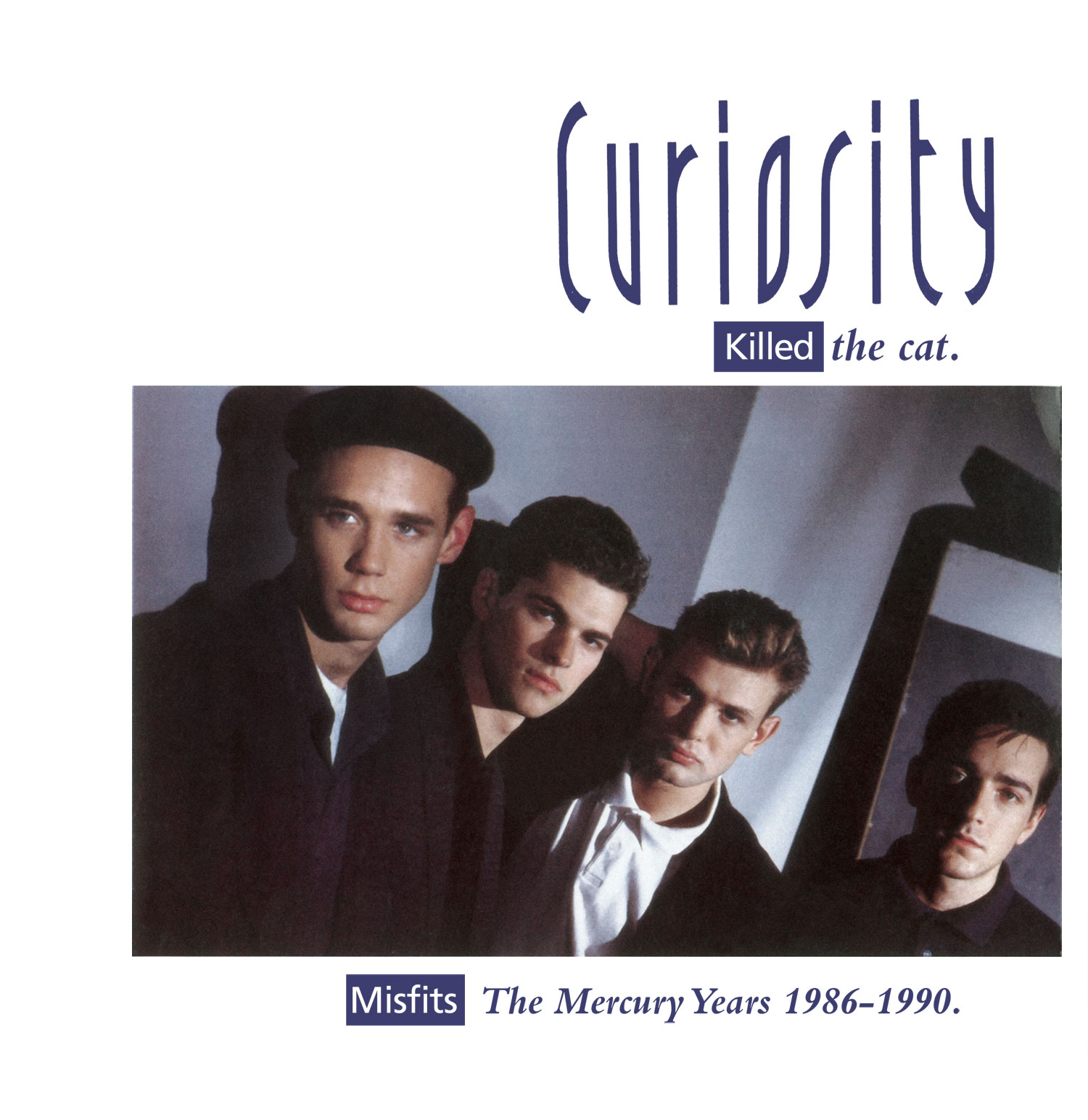
Next month, a brand new four-CD Curiosity Killed The Cat box set called Misfits: The Mercury Years 1986-1990 will be released. Curated by SDE’s own Paul Sinclair, it features newly mastered versions of both albums, along with two extra CDs of remixes and demos including many unheard songs from the early days. SDE caught up with frontman Ben Volpeliere-Pierrot recently and asked him about his time with the band…
SuperDeluxeEdition: Tell us about ‘Misfit’?
Ben Volpeliere-Pierrot: Let me see… it was written in ’86, and so we were signed and we went to the Phonogram Studios, underneath their vaults, or whatever, they had a little recording studio, and we did two weeks’ worth of demos. We played it to Andy Warhol, who really liked it, and so we went off to New York to do the video.
SDE: So, where was Andy Warhol? How did you meet him then?
Ben: Well, our press department told us that he was doing an exhibition in the West End, and it was the first time in 20 years that he’d been in England doing an exhibition. So, we got ourselves on the guest list, or gate crashed it, and everyone was there queueing up to have their books and stuff signed, so we got hold of a couple of books and we were in the queue. Then, I think he took a shine to Nick, the bass player, and we came behind the desk and did some press pictures, and stuff. And, he signed our stuff, but he drew a wedding ring on the base player’s finger. So, yes…
SDE: How did he end up hearing ‘Misfit’?
Ben: …because when we did the press pictures behind his desk, he was having a big banquet that night, at the Café Royale, and it was actually for about 500 people, art buyers and the like… from around the world. He invited us, so we went straight from the exhibition, in our jeans and everything, and yes, we went to that. Then, he said he was interested in hearing something of our band, so our manager then ran over there with a cassette the next morning, to which the response was really good. He said, ‘I’d love to do a video for you boys’. At the time – no one else ever seems to remember this – but there was a dispute, where TV stations were saying, if we play videos for record companies, if it does well, we want to get some commission on it. We’d actually had a song released before, on Phonogram, which was a real anti-climax, because our first ever vinyl release was on an album called Beat Runs Wild, and there were other acts at Phonogram at the time, like Love and Money, and various [other] people on the label. They put a version of ‘Ordinary Day’ on it, and it was just this real anti-climax, because it was our first ever release, which was [a] really boring [way to do it]. But, yes, so they then announced to us they weren’t going to make a video for Misfit, it was going to be our first single and they weren’t going to make a video.
SDE: Sounds slightly bizarre.
Ben: We were really down in the dumps about it, but when Andy Warhol said he wanted to make a video then suddenly, the video department came up with, like, £30,000 or something. But, £30,000 wasn’t going to get us to New York for a week, and shoot the video, and everything. So, Andy Warhol and his protégé, Don Monroe – who was the other director/producer there – they came up with the rest of the money. They flew us over there, put us in the Chelsea Hotel for a week, and it was really cool. And then, Andy Warhol used to give us pocket money… sort of, ‘go and spend that’.
SDE: That must have been amazing and rather surreal
Ben: Well, when we first got into The Factory, Don Munroe took us into there, and then I heard some of the guys saying, ‘hi, Andy’, and I looked up, and on this little balcony, it looked like there was Andy Warhol, but it wasn’t, it was a cardboard cut-out of him. Yes, it was really surreal, and we had a great time, and he was a really cool guy, you know… it was great.
SDE: Did he have his own, camera people, to shoot it?
Ben: It was him and Don. And, as you see in the video, we didn’t even have a playback monitor, just he carried the tape recorder, so that’s what we synced it to.
SDE: You must have realised what a really big opportunity it was in terms of the publicity that it would generate.
Ben: Yes. It was, it was immediately a hit clip on MTV for the week, or a couple of weeks, but the sales didn’t really work out as we hoped, and it only got to number 76 in the UK charts, which didn’t give it any recognition because it wasn’t top 75.
SDE: Which is why ‘Misfit’ was released twice in the end… why it was later reissued…
Ben: Well, the reason why ‘Down to Earth’ was released, was because ‘Misfit’ only got to number 76. This was about September 86, by now, and literally the record company said, right, well boys, we’re going to have to release something next year. And, we were feeling really impatient at the time.
SDE: Because it seemed like you were having to wait an age?
Ben: Absolutely. Anyway, we said, we want them to release ‘Down to Earth’, because a lot of people liked it, and it was pretty catchy. And, they said, no, they can’t do that, because when Christmas time comes, you’ll be swallowed up by the Elton Johns, the Nana Mouskouris and the Dire Straits, and all this sort of stuff. So, we just insisted… we went above our A&R man’s head, to the head of A&R, and this guy said, ‘well, if you’re insisting that we release it, and we release it and it’s a flop, it’s going to be your fault’. On your head be it, sort of thing. But we did insist, and it was released, and so throughout October, November, December, January, February it just climbed a little bit, climbed a little bit, so it survived the Christmas rush. Then, by February, it just got to number three. But these adverts had come out on telly, Levi’s adverts, with Nick Kamen in the launderette and stuff, When A Man Loves A Woman and Stand By Me, which took the number one and number two spots. So, for five weeks we were number three, and they were number two…
SDE: Frustrating for you…
Ben: Well, the people from Atlantic Records came to see us on tour and brought us a box set of all the Atlantic history, to apologise for keeping us out of number one.
Toby… the unofficial member of the band
SDE: What about Toby Andersen? He never really became an official member, did he?
Ben: Yes, Toby was our keyboard player, at the time. It was very complicated, because I had my 21st birthday party and I invited Toby down, and at the party we invited him to come and have a jam. We knew he was a keyboard player, because he played in a band called Funkapolitan, that we used to go and watch play, when we were younger. So, we got him down to play, and it started going well, and we were writing some songs, and stuff. But, we were already signed as a four piece, and it would have been more than complicated to change the contracts, you know. So, as far as we were concerned, keyboard players came and went, do you know what I mean, they were….not disposable, but…
SDE: But, didn’t he contribute to writing quite a few tracks, as well, though?
Ben: Well, everyone wrote their own bits, you know… I wrote sometimes, just melody and vocal and then, sometimes, it would be a drum beat, sometimes it would be a bass line, and there were some that came from just chords. But, he would never have written a song, it was like a chord, you know, ‘I like that, I like that… do that again, repeat that’, and then we’d all shape the songs, as a proper democracy, that’s the way I looked at it.
The trouble was, his brother, who is a big property mogul now, said, ‘Toby, these guys are going to rip you off, like, you know, they’re going to be big and they’re going to rip you off, so I’m going to draw you up a contract’. Toby would never have done that himself, but his brother, Ben, wrote this contract up, basically, saying, if you don’t sign me, I’m off. And so, we very reluctantly had to say, ‘well, sorry mate, then you’re off’, because we literally couldn’t have changed it. It was extremely sad. I’d have been more forthright, I would have fought harder to keep him in the band, without changing the contract. Because, you know I don’t think the record company would have gone for it either, because unfortunately they were happy with the pretty boy collective, and it just would have looked funny, changing the whole thing, you know
Mile High – the single that never was…
Ben: When we signed, I think Mile High was a track and Free was a track. We got our advances, we took a holiday, we went to a friend’s travel agent and just said, get us the first plane out of here, wherever it is, and it happened to be Rhodes Island in Greece.
SDE: Did you actually say that – ‘we’ll go anywhere’?
Ben: Kind of thing, yes. But it was Lindos in Rhodes, and we went there and bumped into a few people we knew there, because it was through a friend, and we all bought these Greek fishermen’s hats on the first day, and that’s the one I kept on wearing.
SDE: Your ‘signature’ hat.
Ben: But, I remember, at the time we had a tape recorder, we’d be going around playing ‘Free’ the whole holiday. Prior to signing our deal we had £25 a week, and that was it.
SDE: Tell me about the song ‘Hidden Informer’. An studio recording features on the new box set, Misfits: The Mercury Years 1986-1990, but was never officially released, despite being really good!
Ben: It was written well early… you know, in the first, sort of, few months, whatever. You know, it surprises me that, with artist liaison, as they call it, I don’t know why [but] you don’t have meetings about the tracks. Because, all they really talk about is, like, video budgets and bloody press, and all this stuff, they should really be talking about what direction everyone is happy in going. Because what we thought was going to be our first single was ‘Mile High’. When we did [TV show] ‘The Tube’ we did ‘Down to Earth’ and ‘Mile High’, and everyone loved ‘Mile High’. So, we thought we were going to release ‘Mile High’ as our first single and then, suddenly, the record company changed it, because they didn’t think it was cool, they thought it was too jazzy.
SDE: Is that the reason why that extended version exists [the 8-minute Mile Long Mix], because someone had thought we better do an extended version?
Ben: Yes, totally, totally.
SDE: It’s weird, isn’t it, because you think coming up with good songs, and working out arrangement for good songs is the biggest challenge. So, when you were moving from first to second album, someone should have sat down and said, well, we’ve already got half a dozen pretty good songs we haven’t used…
Ben: Exactly. When we got a new keyboard player, Mike McEvoy, we started writing all brand new songs [for the second album] so we just forgot about the other [unreleased] ones, really. You see, what happened was, after the first album, the record company said, ‘right boys, get back in the studio and write us some more hits’, and I remember that comment distinctly, because it really pissed me off. It’s like, we’re not writing them for you, we’re writing them for us, and everyone, actually. And, therefore, in my eyes, it dismissed everything that we’d done [that was unreleased at that time]. So, it, kind of, just pushed us away from all of the unused demos and [early] stuff.
I was living in Olympia with Migi [Drummond, the drummer]. Because me and Migi were living together, and we had one landline number, a lot of calls would come through for both of us and/or either of us, and we only had one answering machine. So, you’d say, right, ‘it’s Thursday, we’re going down to this club, and if you don’t see us, blah, blah, blah…’, because in those days, as you know, it was fucking complicated working out the phone. So, I just wanted to do a generic message, and I had a little Sinclair, funnily enough, little keyboard with the drum machines, and I put a drum machine beat and I wrote Name and Number then, that was in 87.
So, when they said, ‘get back in the studio’, we’d already jammed that song, so we went to do a demo, and we used the engineer from the first album, Glen Skinner, So, we got him to do the demos for the new album. He charged £10,000 or something, for two songs, and the record company didn’t like that at all, especially that he wasn’t a known producer.
So, they said, look, this guy charges way too much money, this song is too complicated, it’s too complex, like, it’s too many words, why don’t you tell us what producers you’d like to work with, and we’ll set something up. We gave them 12 names of producers all around the world, like, Alan Toussaint, Quincy Jones, you know, just these mad names we just gave. Anyway, out of the 12 names I think eight or nine came back straight away, saying they wanted to meet us, so we started flying around the world. Nile Rodgers was one of them, in fact, as well, and we went to meet him in New York, and he wanted to work with us, but I don’t know why the band didn’t. Quincy Jones was too busy, so we went to see Rod Temperton who was, basically, Quincy Jones’s right hand man, he’s from somewhere in the Midlands, or whatever. So, we spent probably six months going around the world meeting these people, and now it’s mid-88 and we still haven’t done our album. And then, we start going into the studio …
SDE: So the record company don’t mind spending a fortune flying you around and, potentially, employing some really expensive producers…
Ben: That we’re going to pay back!
SDE: Yes, exactly, yet they’re complaining about £10,000, it doesn’t make sense?
Ben: Exactly. But then, the really sore part of it was that, virtually two years to the day, later, after hundreds and thousands of pounds, or whatever, being spent in studios and flying around and stuff, and also after having re-recorded Name and Number, remixing it twice, the very first single of the second album was the version that we’d done, absolutely the first fucking version. So, like, they kept us out of the public eye for two years, and to me that was the kiss of death for the band, because people move on, you know, they can’t help it.
SDE: Having said all that, ‘Name and Number’ was still a reasonable hit.
Ben: Yes, but I think had we had the support that we’d had before, it would definitely have been number one – definitely. I think, whatever we’d have done, it would have been number one, to be honest. I mean, we had a great time in that two years, you know, we did lots of different things, but it dragged on because I just wanted to release something, you know what I mean, I just wanted to get out there, really.
SDE: In terms of that second album, Getahead, there were only two singles in the end, and ‘First Place’ was a bit of a flop, unfortunately. Why did the record company give up, why wasn’t there a third single?
Ben: I never have released a ballad for the second single, ever! I wanted to release ‘Do Your Believin”, and I don’t know what happened… I don’t know what happened.
SDE: But, did you just get dropped after this?
Ben: Yes, pretty much. Yes, the bass player left, you see. And they didn’t have any enthusiasm…the record company didn’t have the enthusiasm to, sort of, want to rebuild it and carry on. I remember, we moved over to BMG Records, and we started doing an album, but they called me on my own and asked me, would I want to do it solo, and it was really awkward, because I said, no, let’s finish the album first. And then, we finished the album and then I went with my new demo called Party Now Pay Later, it was a, kind of, a bluesy, funky thing, and they didn’t really like the direction, because they had, the likes of Worlds Apart, Kylie Minogue, and Take That on their label, and it just wasn’t what they were looking for.
Misfits: The Mercury Years 1986-1990 will be released on 21 September 2018. Exclusively via the SDE shop you can pre-order a copy SIGNED by Ben Volpeliere-Pierrot. These are strictly limited to 1000 copies. As well as the link above, you can simply pre-order using the button below.
<![CDATA[
/**/
]]>
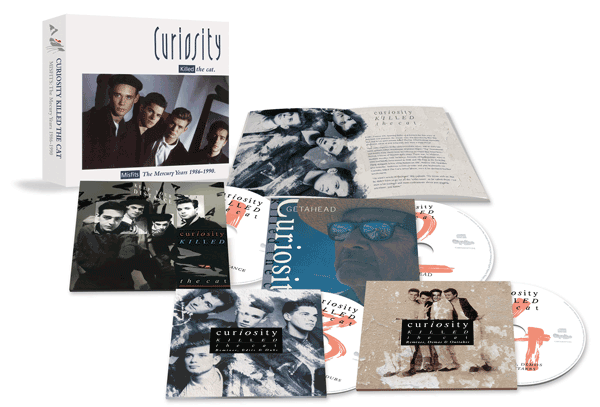 Misfits: The Mercury Years 1986-1990
Misfits: The Mercury Years 1986-1990
CD 1: Keep Your Distance + bonus tracks
1. Misfit
2. Down To Earth
3. Free
4. Know What You Know
5. Curiosity Killed The Cat
6. Ordinary Day
7.Mile High
8. Red Lights
9. Shallow Memory
10. Misfit (extended mix)
11. Man*
12. Corruption (dub)*
13. Down To Earth (extended mix)
14. Ordinary Day (extraordinary mix)
15. Bullet
16. Free (dub master)*
* Previously unreleased on CD
CD 2: Getahead + bonus tracks
1. Name and Number
2. Do Your Believin’
3. Cascade
4. First Place
5. We Just Gotta Do it (For Us)
6. Go Go Ahead
7. Trees Don’t Grown On Money
8. Treat You So Well
9. Who Are You
10. Security Lady
11. Something New, Something Blue
12. Keep On Trying
13. Name and Number (extended mix)*
14. Ball and Chain
15. Name and Number (club sandwich mix)*
16. Misfit (Jazzy Dub Remix ‘89)
17. Name and Number (a schizo version)*
18. Name and Number (jazzy dub version)*
* Previously unreleased on CD
CD 3: Remixes, Edits & Dubs
1. Down To Earth (7” version)
2. Ordinary Day (ordinary version)*
3. Misfit (extended mix)*
4. Ordinary Day (extended version)*
5. Mile High (mile long mix)
6. Name and Number (version)*
7. Ordinary Day (version)
8. Misfit (dub)*
9. Down To Earth (instrumental)*
10. Ordinary Day (dub mix)*
11. Misfit (morales extended mix)*
12. Free (instrumental)*
13. Misfit (dub mix)*
14. Cascade (dub mix)**
* Previously unreleased on CD
** Previously unreleased
CD 4: Remixes, Demos & Outtakes
1. Free (free style )
2. Name and Number (hanging on person to person)
3. Free (free form)*
4. Misfit (club mix)*
5. Free (solo style)*
6. Misfit (demo)**
7. Wag (Know What You Know) (demo)**
8. Curiosity Killed The Cat (demo)**
9. Ordinary Day (demo)**
10. Mile High (demo)**
11. Red Lights (demo)**
12. Shallow Memory (demo)**
13. Easy (demo)**
14. Now That You’ve Gone (demo)**
15. Why (demo)**
16. Out Of Curiosity (demo)**
17. Hidden Informer (demo)**
18. Down To Earth (remix)**
19. Down To Earth (instrumental remix)**
** Previously unreleased
* Previously unreleased on CD

 Interview
Interview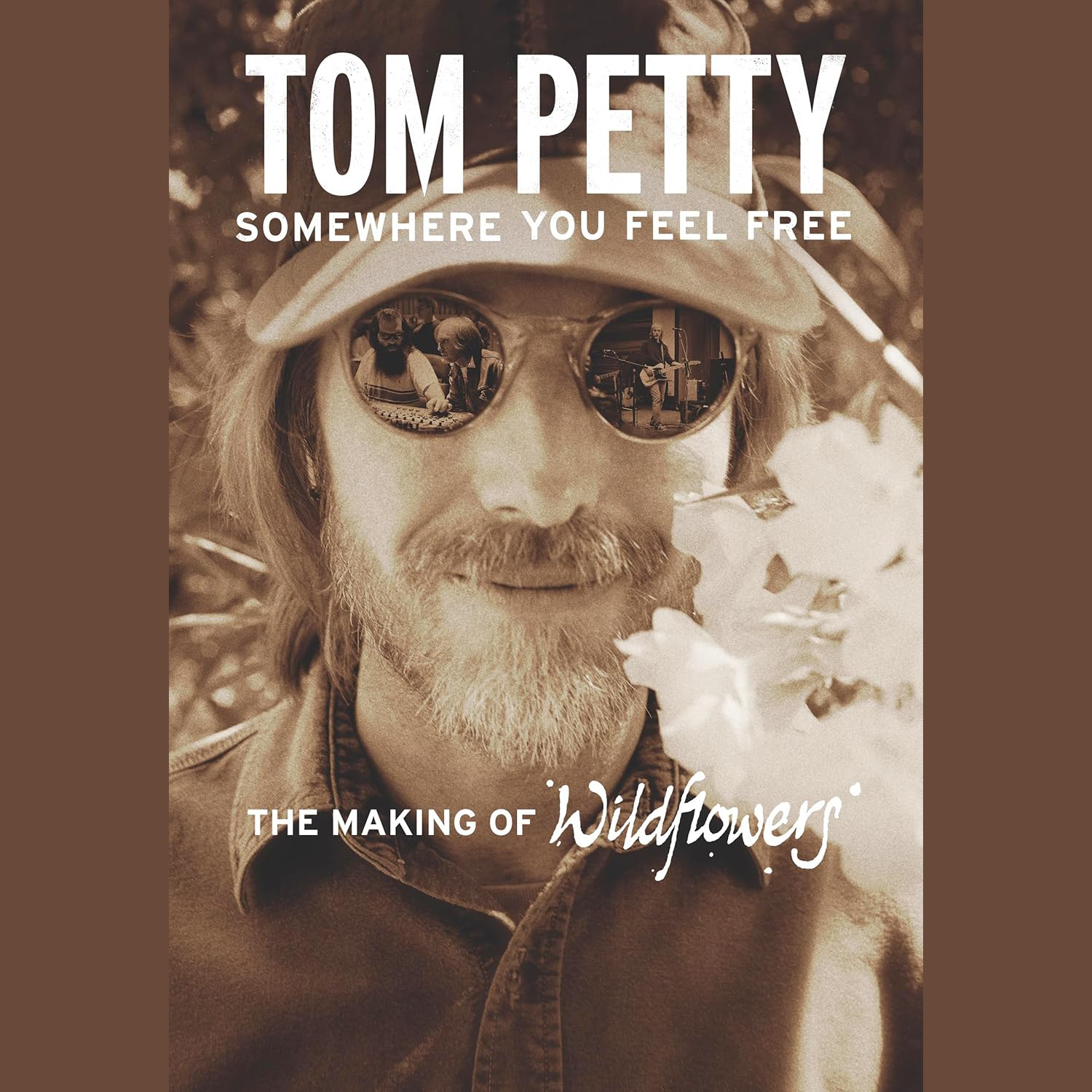
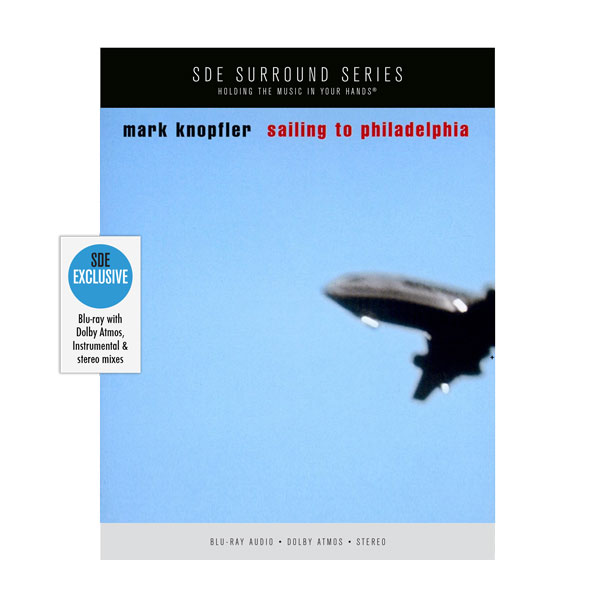
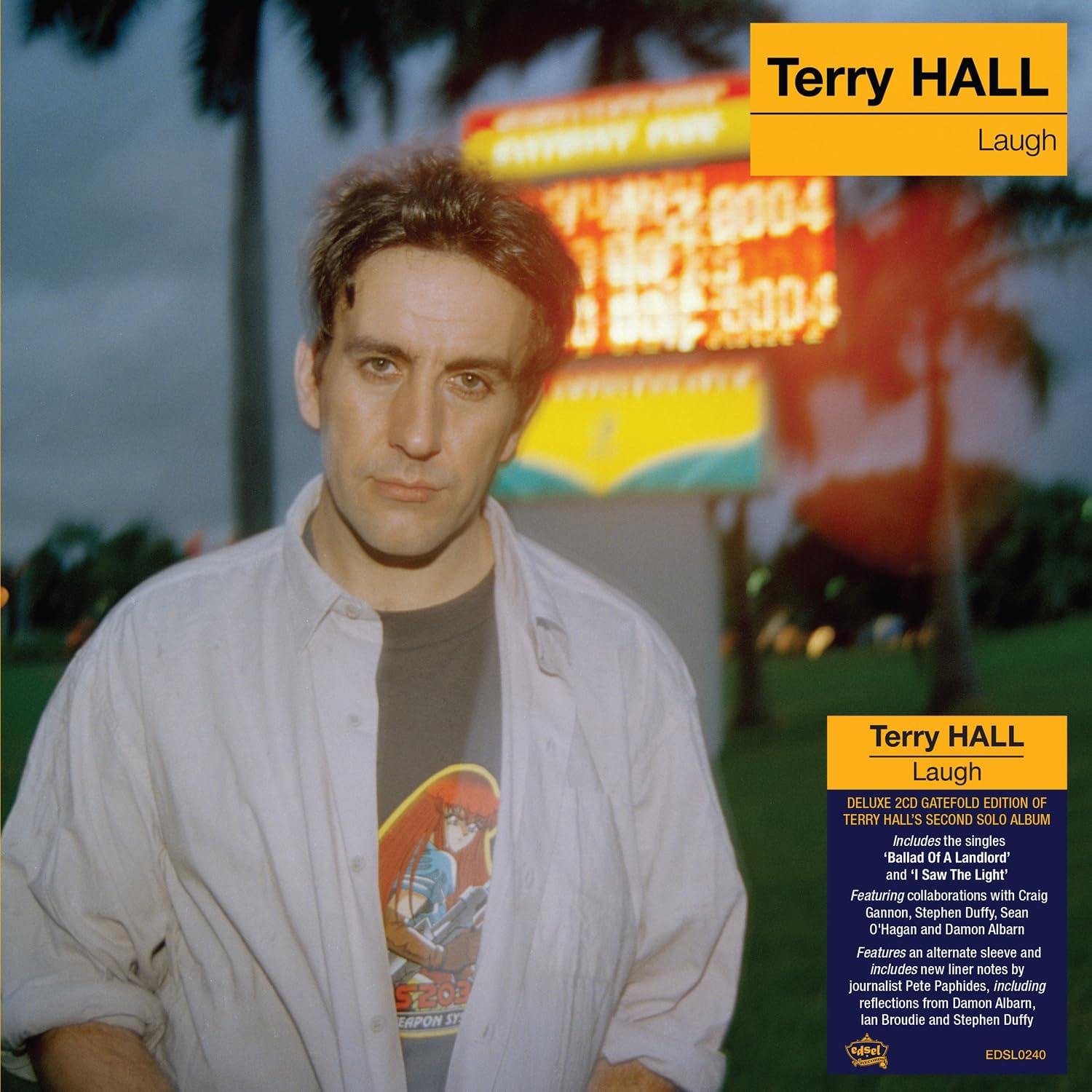
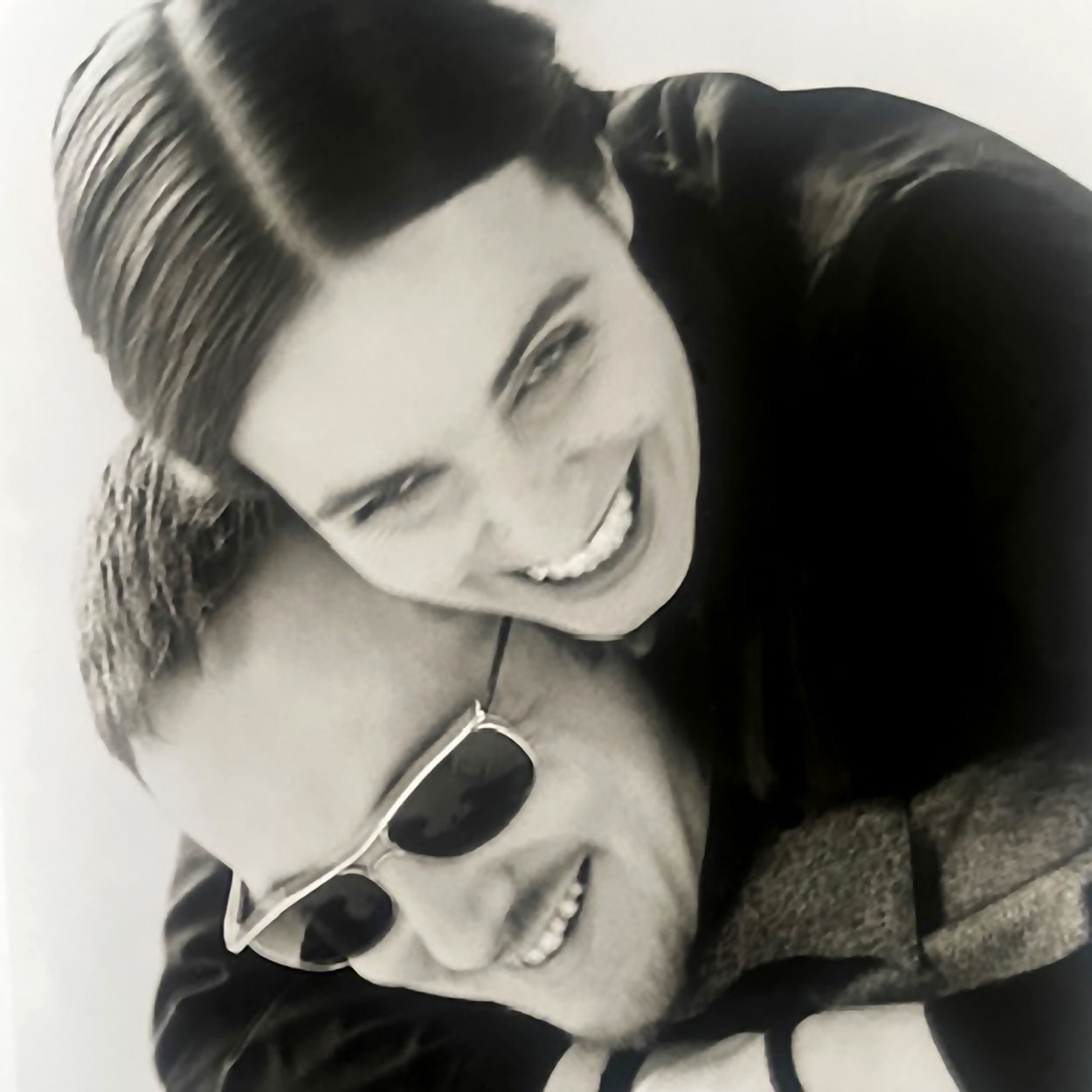
By Paul Sinclair
25